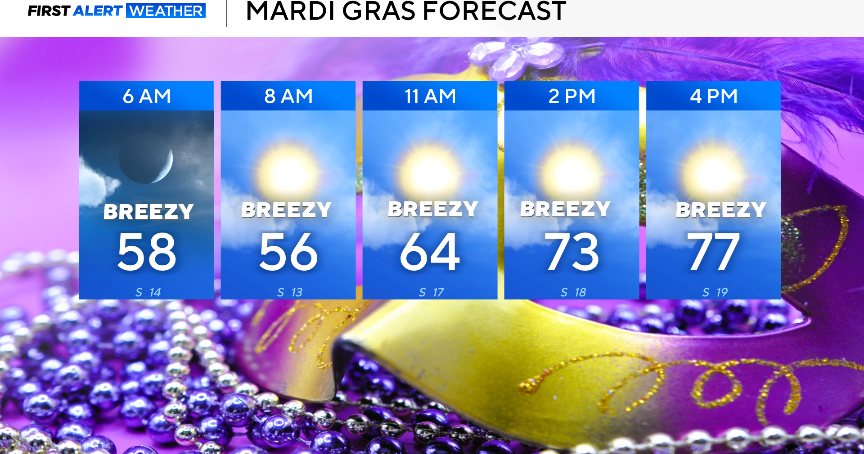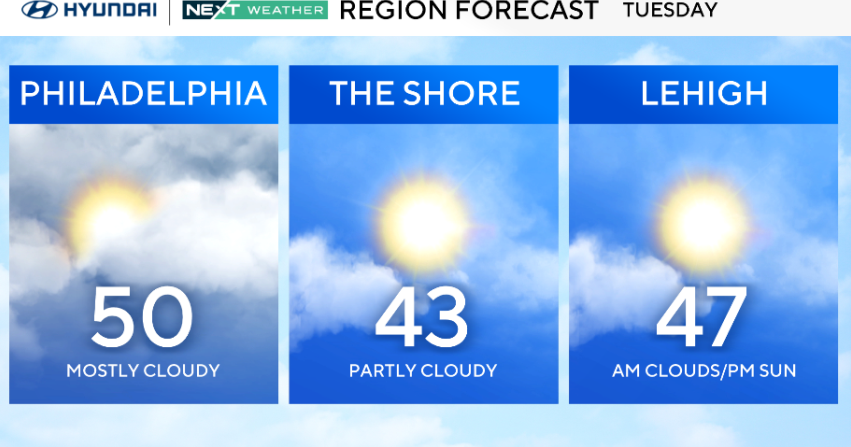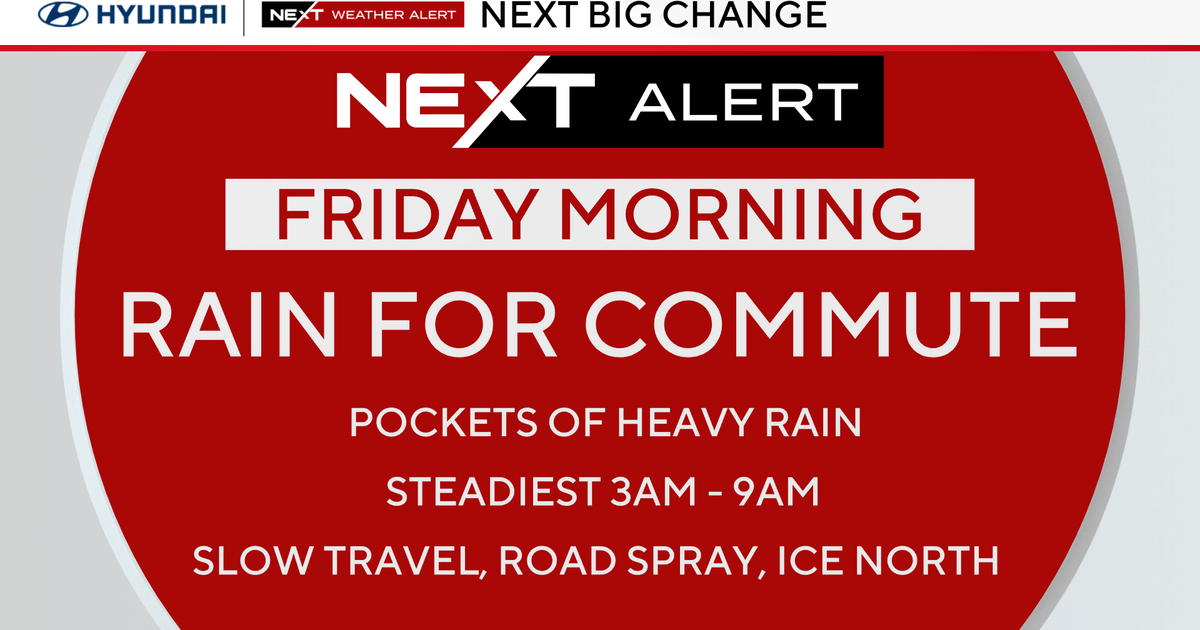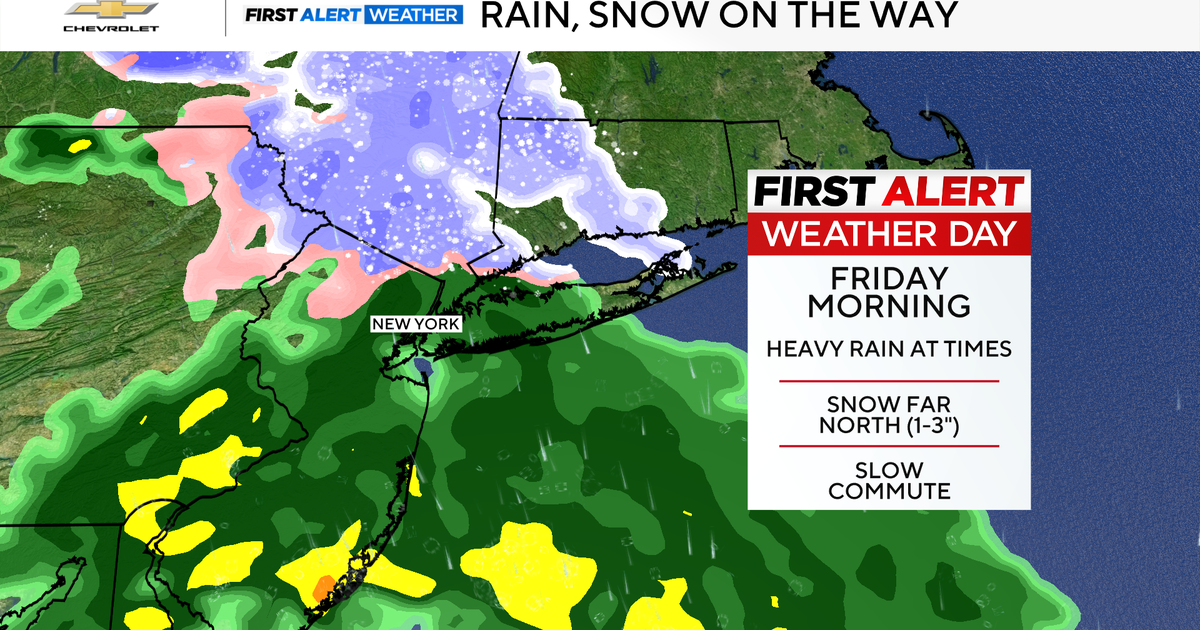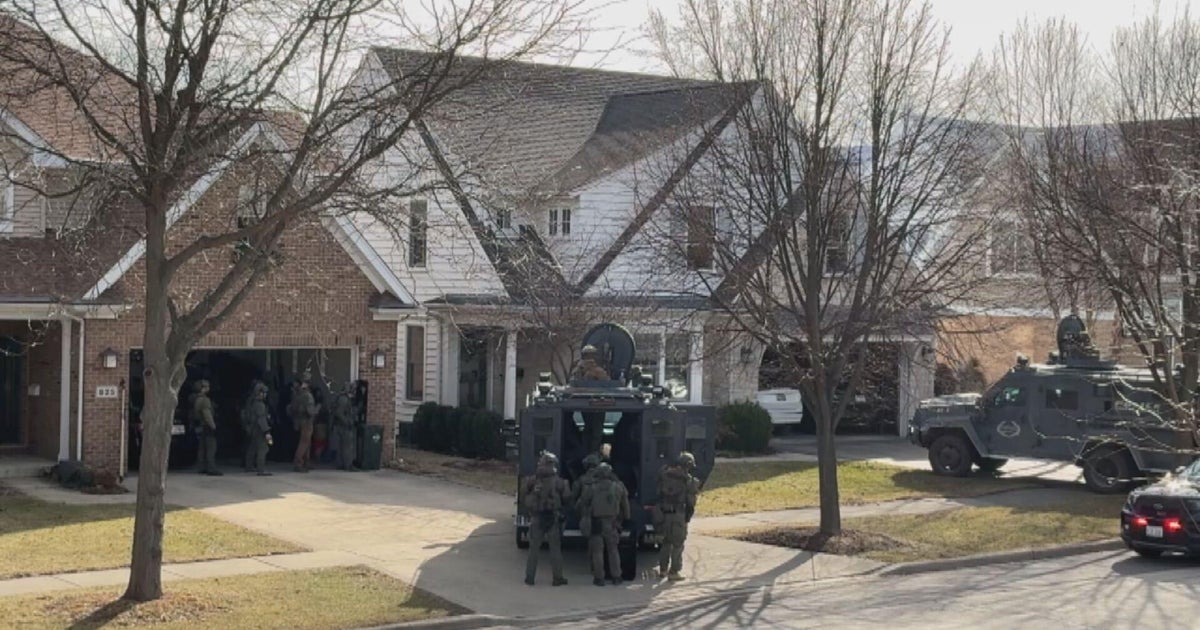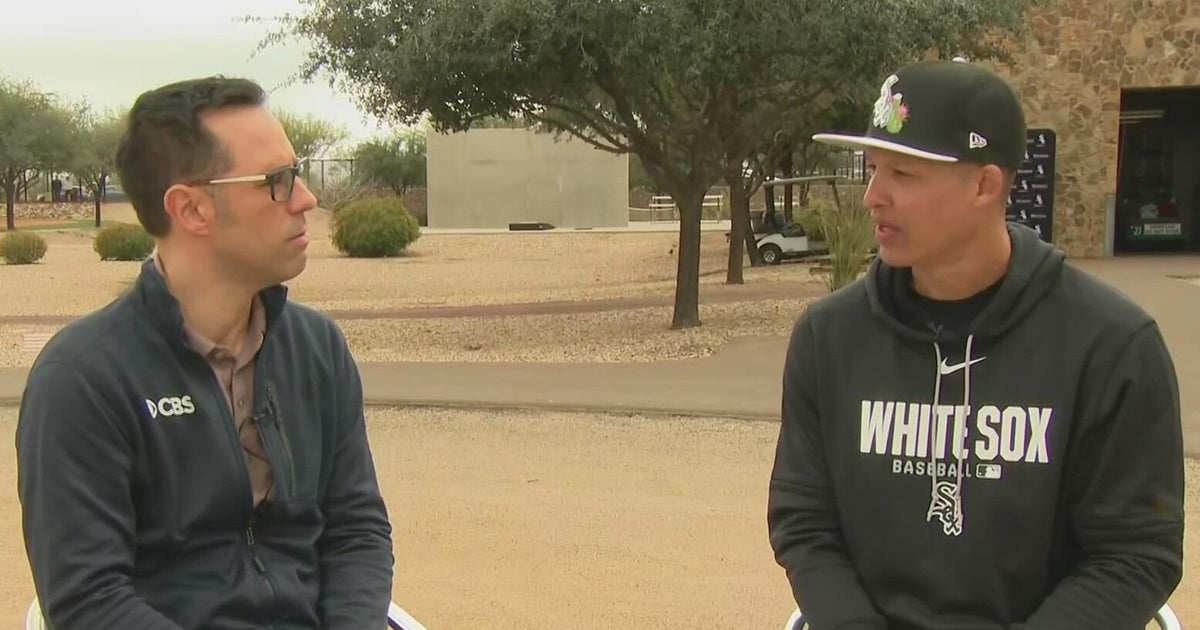CBS2 First Alert Weather Team urges everyone to stay safe as hurricane season starts
NEW YORK -- Wednesday marks the official start to hurricane season, and we've learned far too many times that it takes but one storm to forever change a life.
CBS2's Vanessa Murdock and the CBS2 First Alert Weather Team have tips for staying safe.
Nearly 10 years ago, Superstorm Sandy raged ashore and still, homes in Gerritsen Beach, Brooklyn, bear witness to the devastation. Steps away, homes now rise high above the water line to withstand the next storm. James Beck's too.
"We got it pretty bad," Beck said.
Then came Sandy on October 29.
"And it happened in minutes," Beck said.
Water fountained from sewers, raced in from the creek.
"It was up to my waist," Beck said.
RELATED STORY: Red Cross warns of above normal hurricane season on Long Island
He helped rescue neighbors.
"When we finally got in my house, it was all fish," he said.
He thought he was prepared.
"The generators were ready to go ... We even had sandbags," he said.
His home sat at ground level then, but no more. It took five years to return to normalcy.
"Prepare now. Hurricanes don't wait, neither should you," said Zach Iscol, commissioner of New York City Emergency Management.
Iscol says the city is much more prepared now for whatever Mother Nature drives our way.
"We have changed what's in our stockpile. We went from three hurricane evacuation zones to six," he said.
He adds there's no end to the lessons learned with Sandy. The most important?
"We can't do this alone ... That we really need to engage not only with our federal and state partners, but also with the private sector and most importantly with the public," Iscol said.
The three things all New Yorkers can do right now to prepare, according to Iscol: know your zone, sign up for Notify NYC, and have a plan.
Your First Alert Weather Team urges you to do the same.
RELATED STORY: Dire hurricane season predictions have residents in city communities like Woodside, Queens fearing the worst
"Have a plan in place with your family about what you're going to do should you need to leave your home, whether that be due to flooding or loss of power. Having a plan in place ahead of time, I think, is crucial," CBS2's Elise Finch said.
"As you make your summer travel plans, don't forget about hurricane season. Secure your place before you go and take any important local numbers you might need when you're away," CBS2's John Elliott said.
"Be in tune with your immediate surroundings. Do you have large trees that could be easily uprooted, or does your street flood easily? If so, you may want to consider riding out a storm elsewhere," Murdock said.
"You know, I always stress to people that once the hurricane leaves, the dangers may not. A lot of folks like to go out and peruse their property for damages and they're walking around in, you know, knee-high water. Remember, if a powerline is down and you can't see it, you can still get electrocuted. Be alert," CBS2's Lonnie Quinn said.
One more thing -- know how to properly install your generator.
"Now, more people die from carbon monoxide poisoning than storm surge," said Jamie Rhome, deputy director of the National Hurricane Center.
That's because far too many use generators incorrectly post-storm. Experts say install generators outdoors away from doors and windows and direct exhaust away.
When a storm has its sights set on the Tri-State Area, your First Alert Weather Team will be working tirelessly to give you the information you need to keep you and your family safe.

